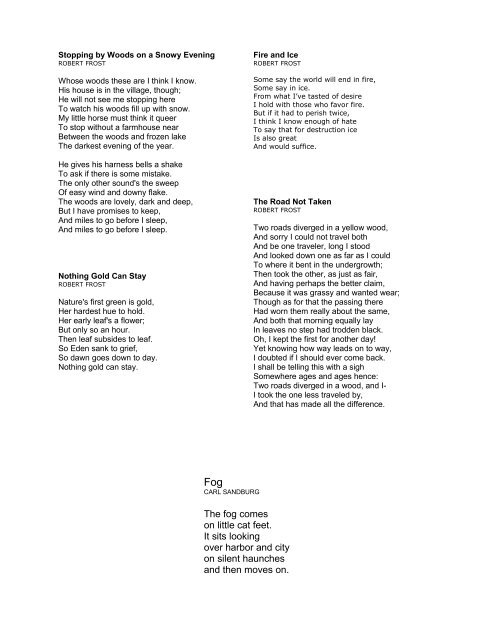
The bad one is the way of wickedness, unrighteousness, foolishness, and arrogance. The good path is the one associated with Torah, righteousness, wisdom, and a proper reverence of God. But there are two paths in life, two roads. Ages hence, we will find that the road less traveled by is the one that has made all the difference.Īnd as you might have expected me to say, the words of Jesus in turn point me back to the Psalms.Īs we saw in the previous post, Psalm 1 puts before us a vision of blessedness that comes from living the way God wants us to. For the gate is narrow and the road is hard that leads to life, and there are few who find it” (Matt 7:13, NRSV). It doesn’t have to be a momentous life decision, as in, He’s just asked me to marry him should I say yes? It’s often the quick, little choices that trip us up: Wow, what he just said is so wrong! Do I take a deep breath and try to be patient, or let him have it? In both the big things and the little things, we would do well to choose wisely.įrost’s poem points me of the words of Jesus, near the end of the Sermon on the Mount: “Enter through the narrow gate for the gate is wide and the road is easy that leads to destruction, and there are many who take it.

Whether we recognize it or not, life presents us with choices all the time, and choices have consequences. The poem ends with these well-known words: In the end, he must choose, knowing that he will not come this way again. Which way to go? Both paths are inviting, and he’s burdened by the thought that choosing one direction may mean missing out on whatever wonders the other path might hold.

In the poem, “The Road Not Taken,” Robert Frost writes of walking through the woods and coming upon a place where the path splits into two.


 0 kommentar(er)
0 kommentar(er)
